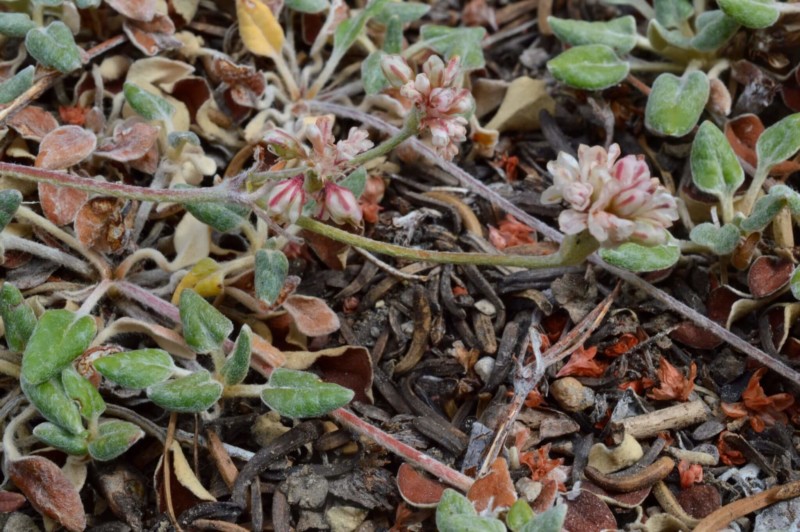-
-

Develop your Personal Fire Qualification Plan for Prescribed Burning: Understanding NWCG Qualifications and the California Rx Fire Burn Boss Program
VirtualWant to learn more about the processes related to attaining National Wildfire Coordinating Group (NWCG) Qualifications and the role those qualifications play in fire management? Join the Fuels and Vegetation Education
-

Develop your Personal Fire Qualification Plan for Prescribed Burning: Understanding NWCG Qualifications and the California Rx Fire Burn Boss Program
VirtualWant to learn more about the processes related to attaining National Wildfire Coordinating Group (NWCG) Qualifications and the role those qualifications play in fire management? Join the Fuels and Vegetation Education
-

Develop your Personal Fire Qualification Plan for Prescribed Burning: Understanding NWCG Qualifications and the California Rx Fire Burn Boss Program
VirtualWant to learn more about the processes related to attaining National Wildfire Coordinating Group (NWCG) Qualifications and the role those qualifications play in fire management? Join the Fuels and Vegetation Education
-

Biden: Stop Fossil Fuels & Declare a Climate emergency – Joye Braun Day of Action 2023
This year, our movement and our world lost Joye Braun, a true warrior and force of nature. We are calling water protectors across Turtle Island to take action in Joye’s
-

Biden: Stop Fossil Fuels & Declare a Climate emergency – Joye Braun Day of Action 2023
This year, our movement and our world lost Joye Braun, a true warrior and force of nature. We are calling water protectors across Turtle Island to take action in Joye’s
-

Biden: Stop Fossil Fuels & Declare a Climate emergency – Joye Braun Day of Action 2023
This year, our movement and our world lost Joye Braun, a true warrior and force of nature. We are calling water protectors across Turtle Island to take action in Joye’s
-

Roses for a Changing Climate
Roseville Utility Exploration Center (RUEC) Exploration Tech Lab 1501 Pleasant Grove Blvd, Roseville, CA, United StatesDid you know that roses don’t have to require a lot of water and labor to flourish? In this workshop, you will learn about some of the origins of roses in
-

Roses for a Changing Climate
Roseville Utility Exploration Center (RUEC) Exploration Tech Lab 1501 Pleasant Grove Blvd, Roseville, CA, United StatesDid you know that roses don’t have to require a lot of water and labor to flourish? In this workshop, you will learn about some of the origins of roses in
-

Roses for a Changing Climate
Roseville Utility Exploration Center (RUEC) Exploration Tech Lab 1501 Pleasant Grove Blvd, Roseville, CA, United StatesDid you know that roses don’t have to require a lot of water and labor to flourish? In this workshop, you will learn about some of the origins of roses in
-

Buckwheats of the Southern Sierra: Latest Discoveries
Three Rivers Memorial Building 43490 Sierra Dr, Three Rivers, CA, United StatesDr Travis Columbus, renowned botanist from California Botanical Garden, is presenting his latest research about Southern Sierra Buckwheats (Eriogonum genus). An atypical form of Tulare County Buckwheat (Eriogonum polypodum) was found
-

Buckwheats of the Southern Sierra: Latest Discoveries
Three Rivers Memorial Building 43490 Sierra Dr, Three Rivers, CA, United StatesDr Travis Columbus, renowned botanist from California Botanical Garden, is presenting his latest research about Southern Sierra Buckwheats (Eriogonum genus). An atypical form of Tulare County Buckwheat (Eriogonum polypodum) was found
-

Buckwheats of the Southern Sierra: Latest Discoveries
Three Rivers Memorial Building 43490 Sierra Dr, Three Rivers, CA, United StatesDr Travis Columbus, renowned botanist from California Botanical Garden, is presenting his latest research about Southern Sierra Buckwheats (Eriogonum genus). An atypical form of Tulare County Buckwheat (Eriogonum polypodum) was found
12 events found.

